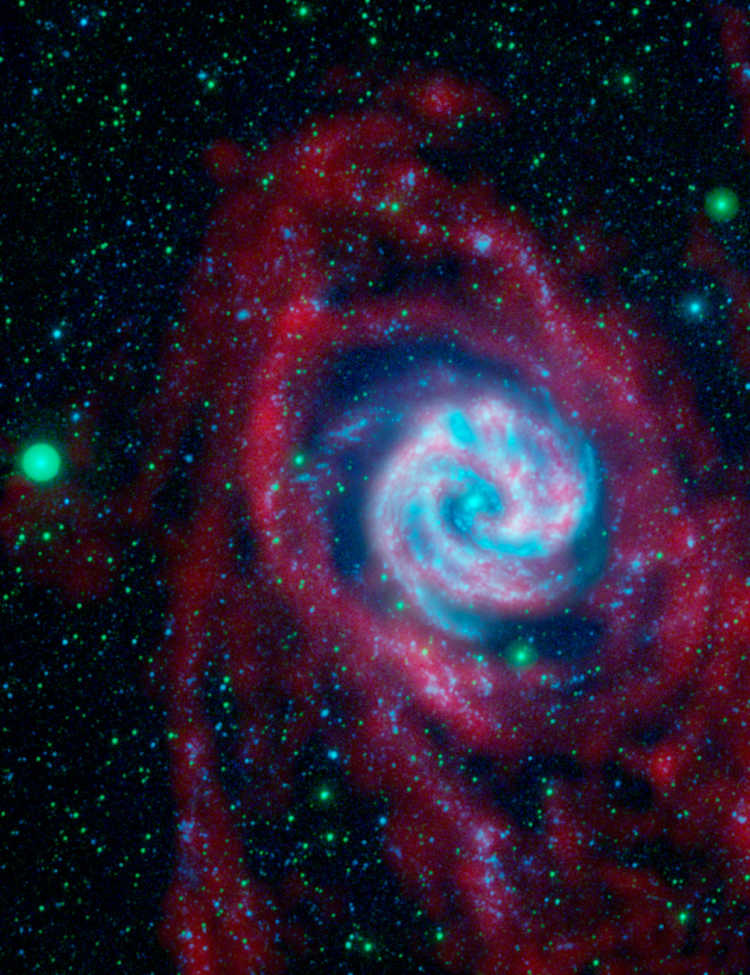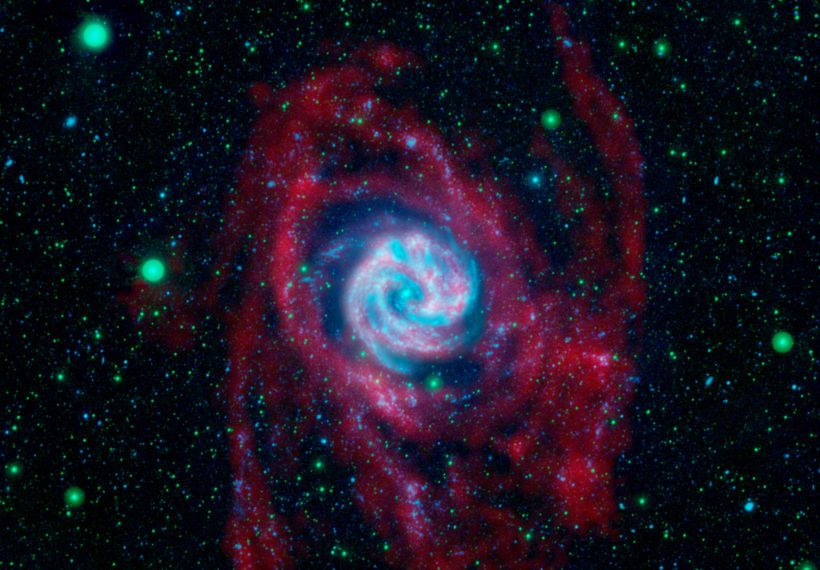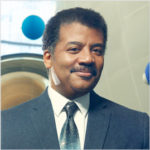About This Episode
How do we know the age of stars? On this episode, Neil deGrasse Tyson and comic co-host Paul Mecurio answer fan questions about stars, black hole collisions, the speed of light, and the present crisis in cosmology.
Nothing can travel faster than the speed of light. How does the universe do it? We explore the special theory of relativity, the speed of light, and travelling using wormholes and warp speed. Are there speed limits in the universe? Does the speed of light ever change? During this journey through the universe you also learn about Paul’s journey from lawyer to comedian.
How do astronomers know the age of distant stars? We confront just how short our lifetimes are compared to stars. How do we figure out the lifecycle of a star when all we have is the equivalent of the snapshot in the star’s life? How would an insect learn about humans if it only lived for a day? What would they think about hospitals or brushing our teeth? Find out about stellar evolution and how theorists and observers combine forces to put together information on the stars.
In a lightning round, we break down what’s going on with the crisis in cosmology, who Neil thinks is right, and whether this stalemate will usher in some new physics. What happens when two black holes collide? Find out about LIGO, gravitational ripples, and angular momentum. Why send a probe a great distance when we may invent something in the meantime that could beat the original probe? Can anything pull you at the speed of light? How much of earth’s resources could get used to colonize Mars? We discuss in-situ resource utilization, terraforming, and the advantages of colonizing Mars. All that, plus, why Jar Jar Binks is actually a good actor…
Thanks to our Patrons Eric Ennis, Bill Savage, Matt Schafer, Lawrence McKay, Lowell Irvin, Chris & Michael Johnson, Steve Vera, Nicole Vorisek, Logan Shanks, and Karen Larios for supporting us this week.
NOTE: StarTalk+ Patrons can watch or listen to this entire episode commercial-free.
About the prints that flank Neil in this video:
“Black Swan” & “White Swan” limited edition serigraph prints by Coast Salish artist Jane Kwatleematt Marston. For more information about this artist and her work, visit Inuit Gallery of Vancouver.




 Unlock with Patreon
Unlock with Patreon

 Become a Patron
Become a Patron